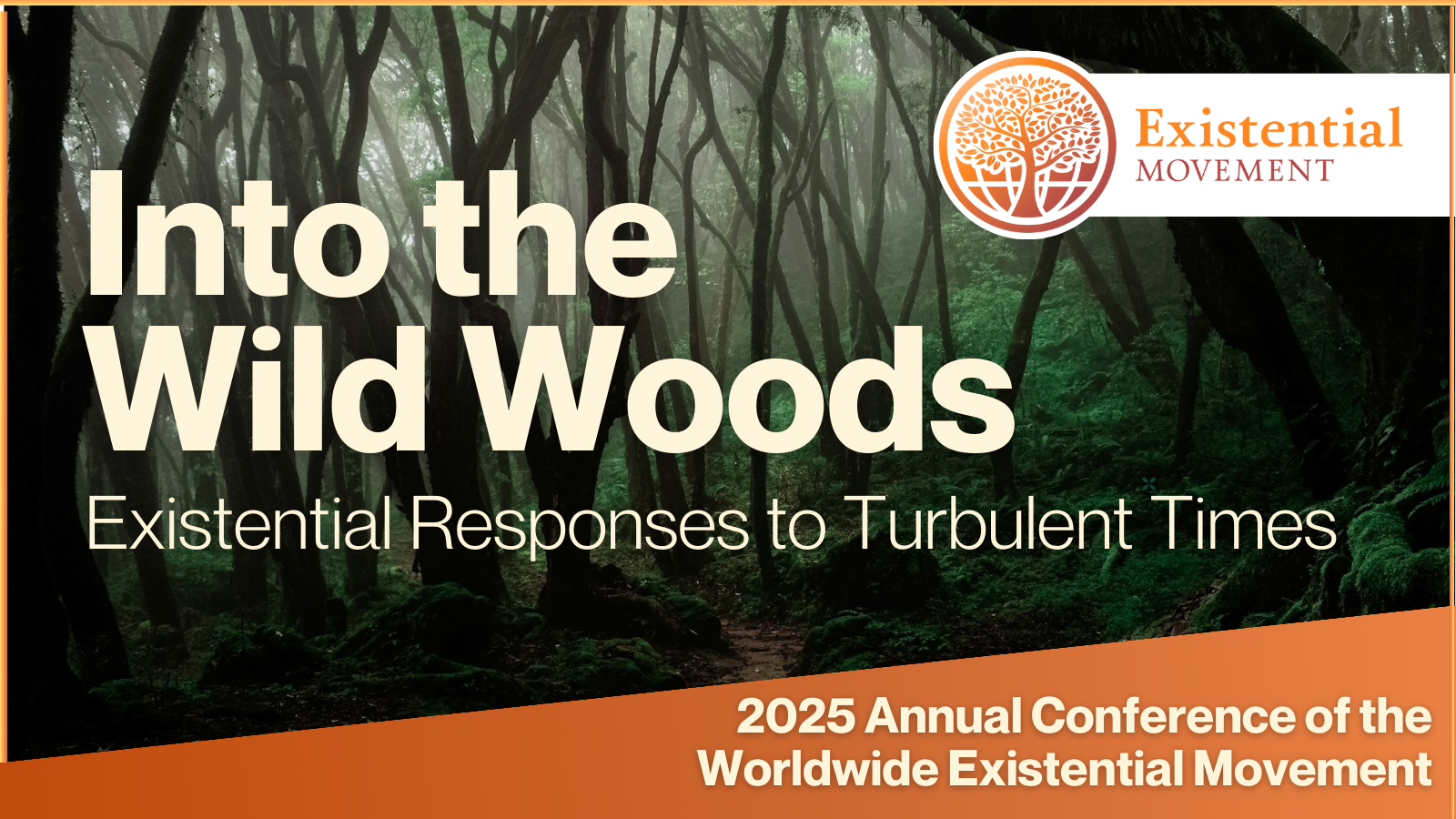CLICK HERE TO DOWNLOAD THE CONFERENCE PROGRAMME
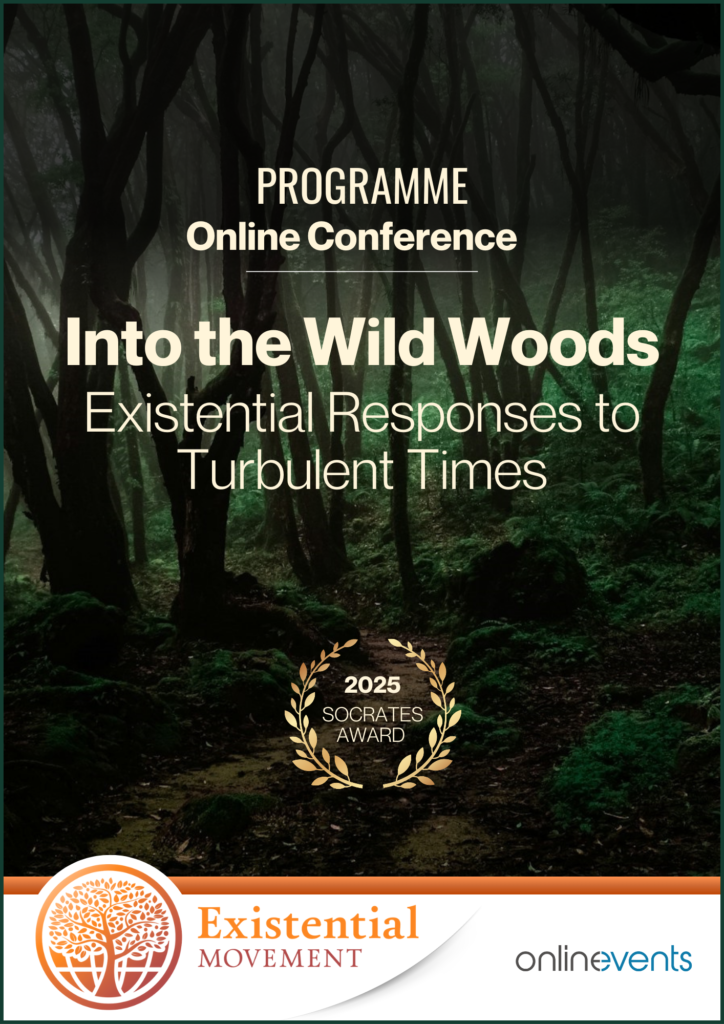
Each of us is currently confronted with the very serious existential challenges of the climate emergency, social division and unrest, and the pervasive threat of global war. This crisis reverberates in our personal lives in many profound ways, and it can feel a bit like being lost in the Wild Woods as we are confronted with previously hidden threats and fears and lose our usual sources of solace and sanctuary.
This conference will bring together ideas and insights from philosophers and therapists whose work can illuminate our quest for clarity and directionality, to safely get through these turbulent times.
Seven keynote speakers and invited speakers, as well as many other presenters from all over the world, will dazzle you with new ideas, sizzling discussions and debates and many wise thoughts that will light your way.
INTO THE WILD WOODS
The phrase ‘the Wild Woods’ is likely to resonate with many of you. It will be familiar if you were introduced as a child to ‘The Wind in the Willows’, the classic novel by Kenneth Grahame, first published in 1908 and based on bedtime stories Grahame told his son Alastair. In this book we meet four woodland characters, Mole, Ratty, Toad and Badger, who are confronted by the perils and challenges of what we existential therapists would today term ‘problems of living’. Ostensibly a children’s book, the reason why it has endured and has appealed to a wider audience for more than a century is largely because, like all great literature, its central concern – conveyed anthropomorphically – is what it means to be human.
You are probably aware of the phrase littérature engagée, coined by Sartre after the Second World War to describe literature intended to promote social and political change through direct engagement with contemporary issues. ‘The Wind in the Willows’ conveys our own struggles and search for meaning indirectly, but no less powerfully, through the travails and experiences of its small cast of animal friends. We may empathise with Mole’s introversion, Ratty’s pragmatism, Toad’s pursuit of novelty and technological innovation, or Badger’s hermit-like but hospitable self-sufficiency, and we come to understand how each strategy enables them to create meaningful lives.
While these individual worlds appear bucolic and idyllic, they are boundaried and overshadowed by the ominously named ‘the Wild Wood’ and its malevolent denizens, the weasels, stoats and ferrets, who pose a constant threat. Only by collaborating with each other can the friends find the strength and courage to resist and prevail. Viewed through an existential lens, we might say that the lessons of ‘The Wind in the Willows’ are as relevant to us today than they have ever been. The early years of the twentieth century were marked by cultural insecurity and political turmoil which led to the First World War. Now, in the foothills of the twenty-first century, we are beset by numerous challenges, including climate emergency, social division and unrest, and the pervasive threat of global war.
We might wonder whether literature can provide any comfort or guidance at such a time; I want to suggest that ‘The Wind in the Willows’ does offer an interesting perspective on how we can respond to these turbulent times. The operative term in our conference title is ‘Into’: the band of animal friends make the difficult decision to go into the Wild Wood. It is in making this active choice that they discover their courage and their resilience. Existence precedes essence – they create themselves, as we existentialists term it, in action.
Choosing to act can, though, feel daunting. This is particularly the case when we despair or feel overwhelmed. It often seems easier to deny our freedom to choose ourselves. Instead we can ‘choose not to choose’, we can follow the herd. How, then, inspired by this novel, can we confront rather than attempt to evade these turbulent times – how can we venture into the Wild Woods?
Each of us is currently confronted with the very serious existential challenges of the climate emergency, social division and unrest, and the pervasive threat of global war. This crisis reverberates in our personal lives in many profound ways, and it can feel a bit like being lost in the Wild Woods as we are confronted with previously hidden threats and fears and lose our usual sources of solace and sanctuary.
Course Content
Organisation
“Bringing Wisdom to the World”
If you have been wondering where you might be able to find a group of people who want to bring their knowledge and experience to a worldwide movement for a better way of life, you have just found it.
Existential ideas are a powerfully alternative way of looking at human existence. These ideas have been around for many millennia, in the Athenian philosophies, the Eastern philosophical traditions and even, in a sense in pagan philosophies.
They became much more prominent in the 19th century with the writings of Soren Kierkegaard and Friedrich Nietzsche and came to fruition with the work of Husserl, when he provided the method of phenomenology.
Most people have heard about existentialism, a mainly French 20th century philosophical movement, that broke the mould of philosophy and made it about human existence, rather than about human knowledge.
Since then existential ideas have been applied vigorously to the practice of psychology and psychotherapy and a movement of existential therapy was generated over the past century, that is now extremely popular. All around the world existential therapists work in this way and every four years they come together for the World Congress of Existential Therapy.
However it has now become vital to broaden the scope of the movement. As the world is in turmoil and going through extremely dangerous times, humanity seems to have lost track of the things that really matter. People have placed consumerism, profitability and competition at the foreground of human existence and have stopped noticing how they are ruining the eco system of the planet as well as the emotional climate in which we all live.
Presenter
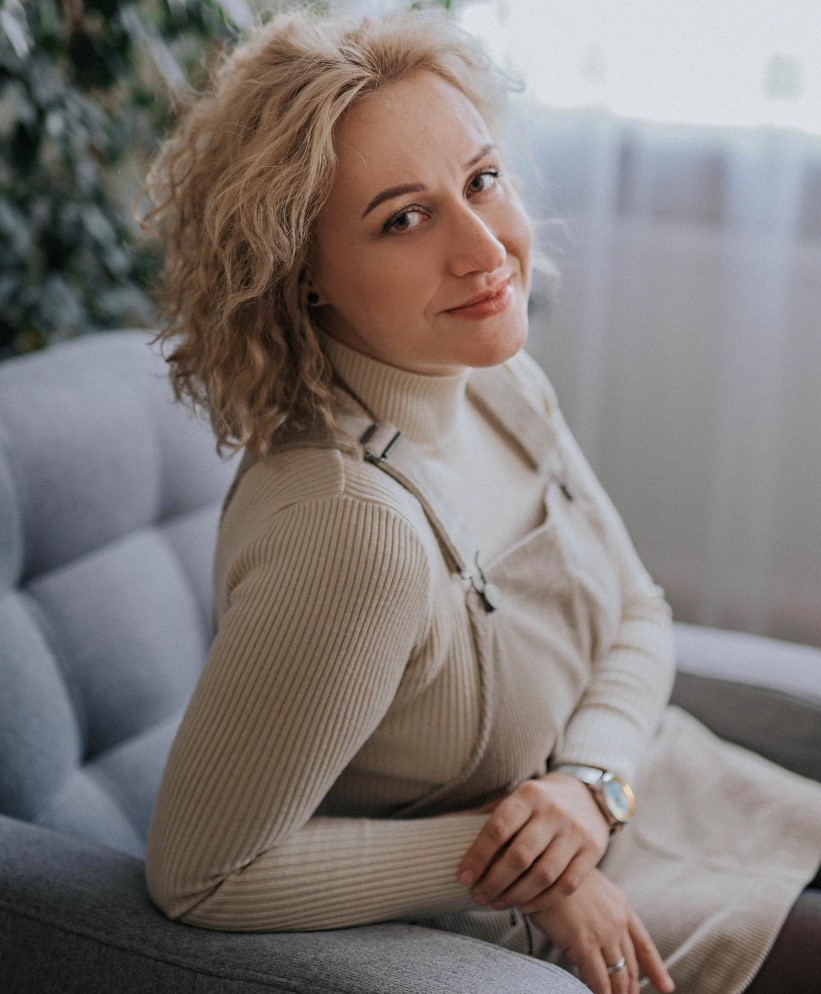
Anna Lelyk Existential Psychotherapy & Counselling private practice. Founder of the cinema club from 2016 till now. In 2022 Anna founded an Existential School in Ukraine. ES is a space where everyone could learn something about existential perspective and approach. It’s aimed not only for psychologist or philosopher, but for anyone who wants to do his own life deeper and more meaningful. Author of books (published in Ukraine) Trustee of FETE.
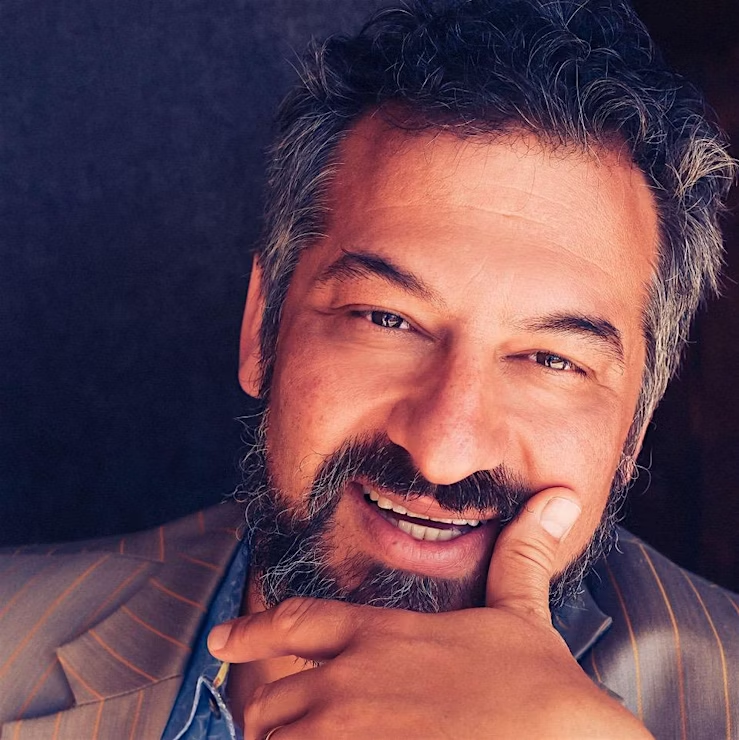
Benjamin Yalom is a psychotherapist, creative coach, theater-maker, and writer. His therapy and coaching focus on understanding and aligning one’s values with one’s living, and unlocking creative approaches to work and life. He is a longtime writing collaborator with his father, Irvin D. Yalom. Prior to his current doctoral studies in Marriage and Family Therapy, Ben was the visionary force behind foolsFURY theater, which helped transform San Francisco’s performing arts scene in the early 2000s. He is also an award-winning fiction writer, and holds an MFA from the Iowa Writers’ Workshop. He lives with his wife, Dr. Anisa Yalom, and their three children in San Diego.
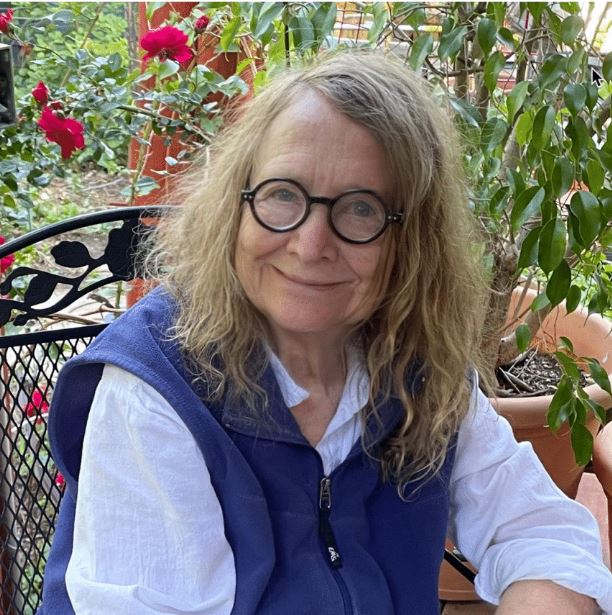
Betty Cannon, PhD, is a licensed psychologist who has taught and practiced in Boulder, Colorado, for over 40 years. She is the founder of Applied Existential Psychotherapy, a modality she has been developing and teaching to mental health professionals at the Boulder Psychotherapy Institute (which she also founded) since 1989. She is a professor emerita of the Colorado School of Mines, a former senior adjunct professor at Naropa University, and an editorial board member of Existential Analysis and Sartre Studies International. She is the author of Sartre and Psychoanalysis and numerous articles and chapters on existential philosophy and therapy. Her mentor was Sartre scholar and translator Hazel E. Barnes. She is Hazel’s literary executor, and her book on Sartre is dedicated to Hazel. Her current project is a book on AEP entitled In the Spirit of Play: Applied Existential Psychotherapy, whose central theme also inspired today’s lecture. AEP owes a debt not only to the philosophy of Sartre but also to Gestalt therapy, classical and contemporary psychoanalysis, body-oriented psychotherapy, and humanistic psychology––especially the person-centred therapy of Carl Rogers. Betty’s concept of the spirit of play, conceived as an antidote to Sartre’s “spirit of seriousness,” is further inspired by D.W. Winnicott’s idea that psychotherapy is (or ought to be) a matter of “two people playing together.”
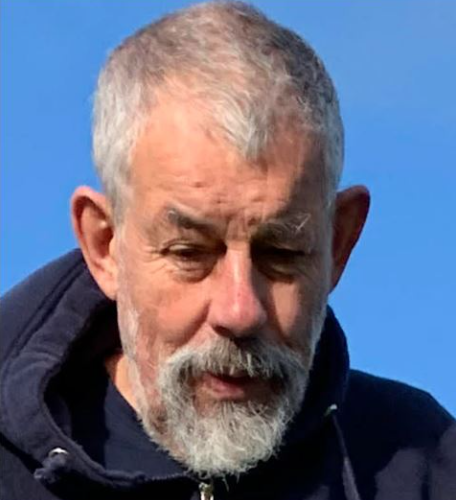
Digby worked in the NHS for nearly 40 years as a general psychiatrist and later a consultant psychotherapist. He began the first clinic in the world for the assessment of autistic adults in 1980. He is an existential psychotherapist and a group analyst. He is an Emeritus Professor of Psychiatry in the University of Sheffield; a Visiting Professor of Psychology at Middlesex University; and Deputy Principal of the New School of Psychotherapy in London, where He is course leader for the MA in Diversity Studies.
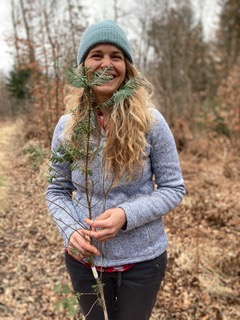
Dr Alja Lah, MSc, DcPsych Alja has a deep love of waters and the Earth ever since she can remember. She is currently writing a book about intimacy with the waters of our bodies and the body of Earth. is a doctor of counselling psychology and psychotherapy, supervisor, lecturer and writer. Her specialty is in multidimensional embodiment, phenomenological existential psychotherapy, eco psychotherapy, deep relational psychotherapy, psychedelic integration. Her passion is providing space for individuals to become more in touch with themselves, their emotions, their bodies and the body of Earth and with that to learn how to flow through life with openness, presence and awareness. She likes to take people out of the counselling rooms into the forests, parks and waters with that giving them a possibility to reconnect to the organic life and allow nature to be the holding.
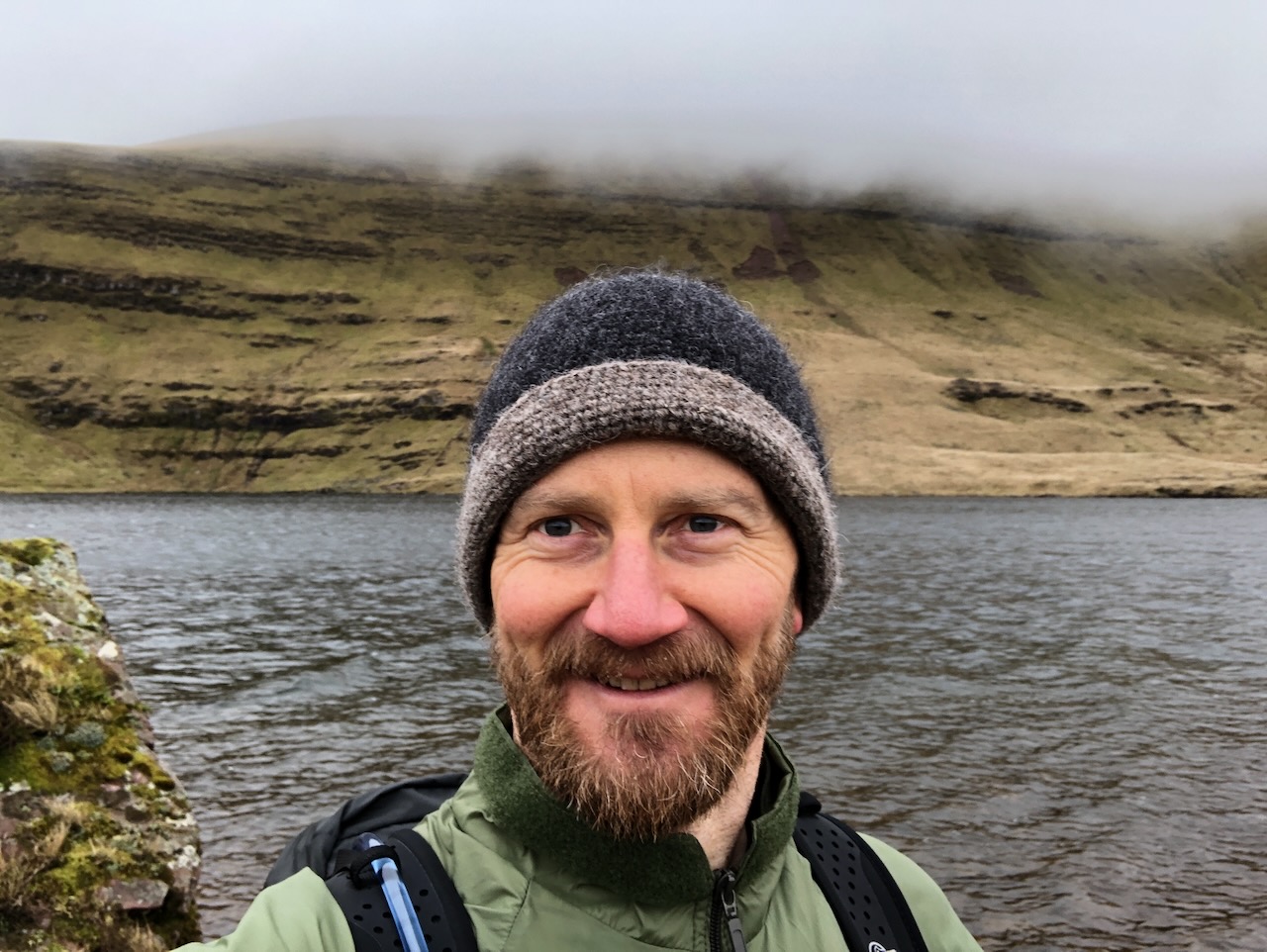
Dr Chris Cleave is a psychologist, existential therapist, and writer. A New York Times #1 bestselling author, his novels about trauma and recovery are published in 35 languages. His research and current writing focus on people transforming their lives into therapeutic experiences, outside the therapy room. Chris obtained his doctorate at the New School of Psychotherapy & Counselling. He keeps an existential practice in London.
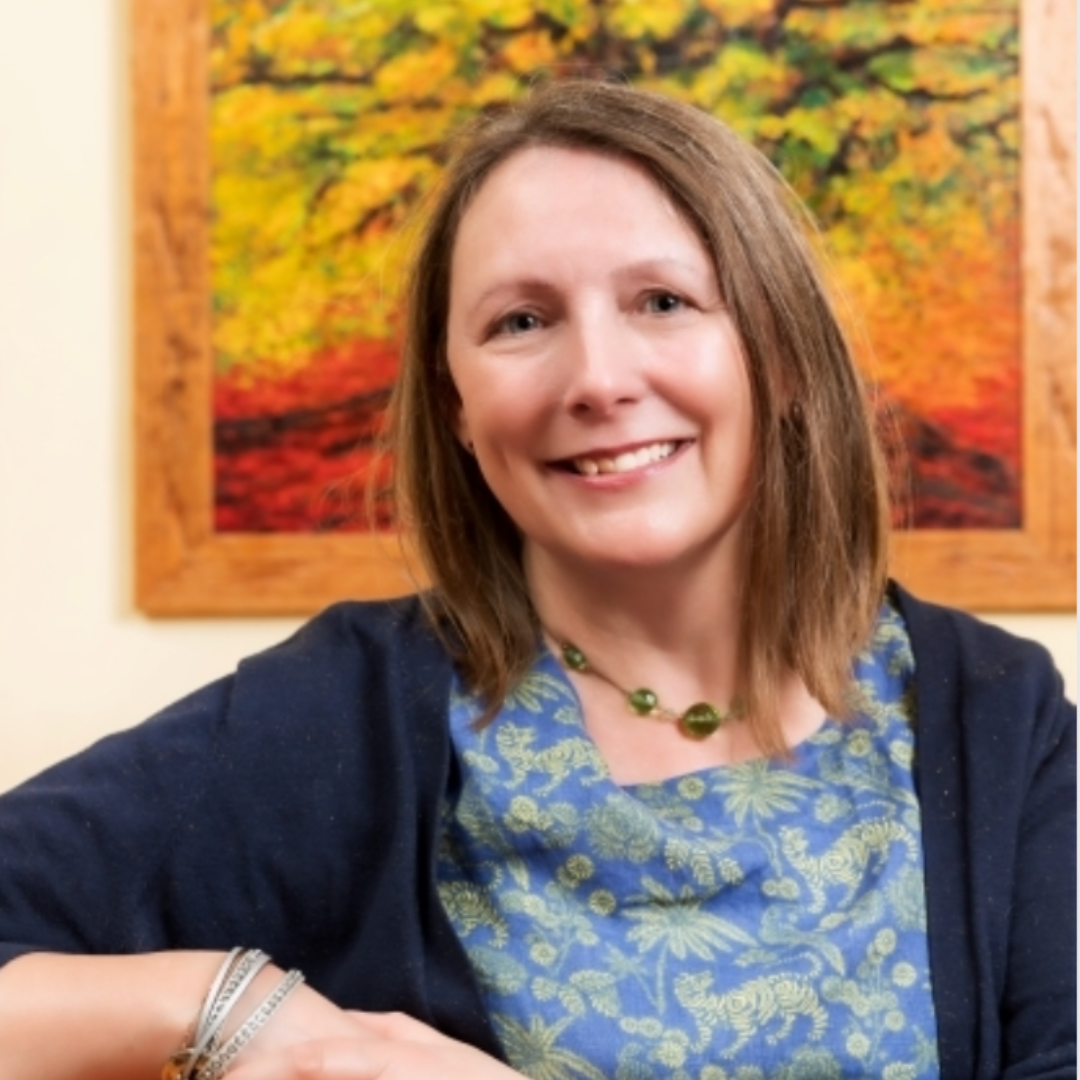
Dr. Claire Arnold-Baker, DCPsych (UK) is an existential counselling psychologist and psychotherapist, a lecturer, supervisor and researcher, as well as being the Principal and Course Leader of the DCPsych programme at NSPC. She has a small private practice where she specialises in working existentially with mothers and has a twin passion for maternal mental health and the natural world. Claire has co-authored and edited a number of existential books as well as authoring chapters and articles. She is also a trustee of the Federation of Existential Therapy in Europe (FETE).
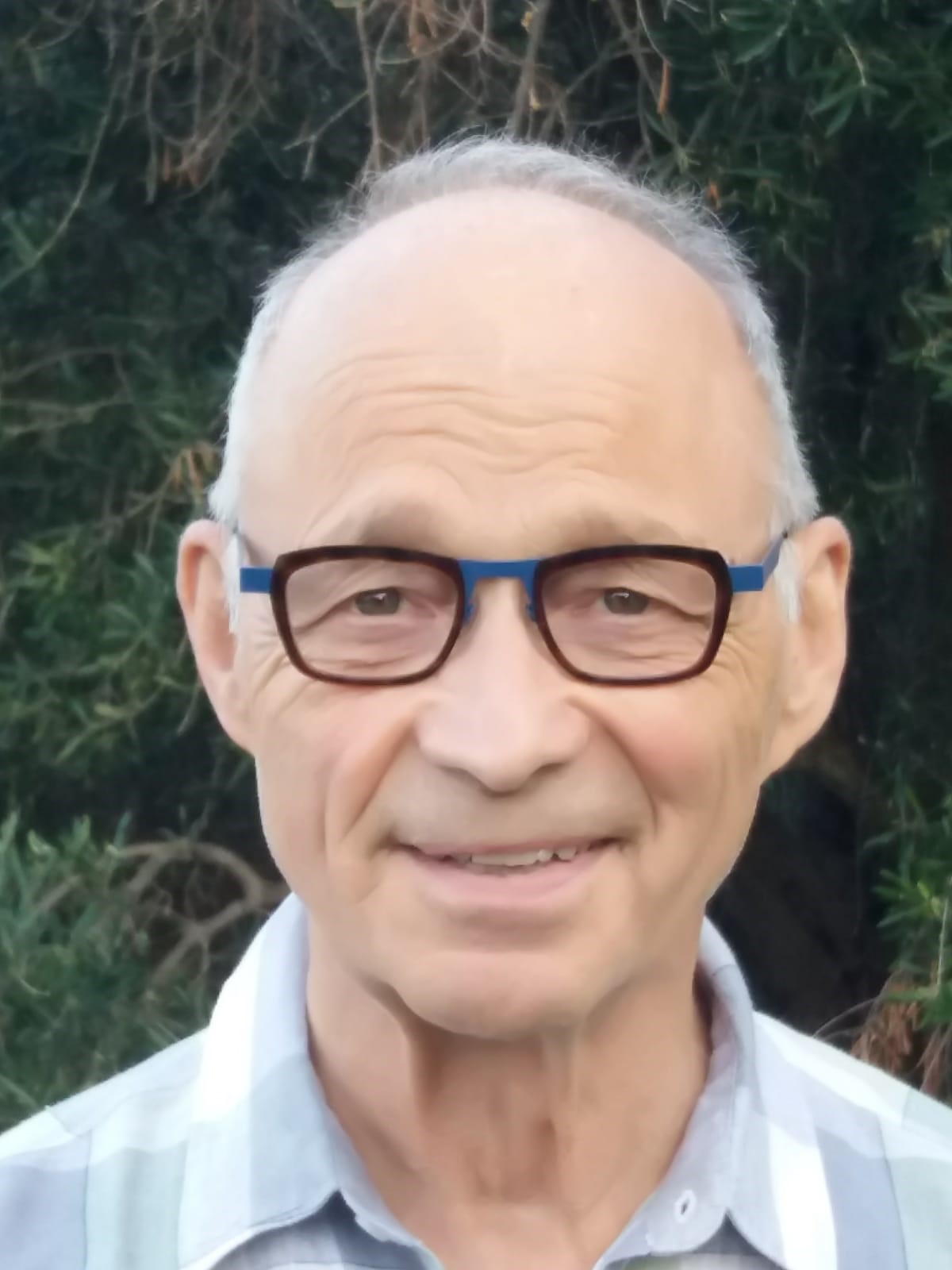
Dr. Erik Craig (USA), psychologist, writer, and lecturer, has received APA’s Rollo May Award and recognition from the Journal of Phenomenological Psychology as one of 11 independent psychologists contributing to the emergence of phenomenological psychology in America through his “steady stream of invaluable research.” He collaborated extensively with the Daseinsanalyst, Medard Boss, and the Korean Taopsychotherapist, Rhee Dongshick, and is committed to developing an existential approach to depth psychology and psychotherapy.

Evgenia Georganda, Psy.D., ECP, (Greece) is chief administrator, co-founder, trainer and supervisor of “gignesthai”, the Hellenic Association for Existential Psychology. In 2018 she was nominated for the Charlotte and Karl Buhler Award of APA for her contribution in promoting existential psychotherapy in Greece. Has served as secretary to the National Organization of Psychotherapists of Greece, membership secretary and member of the Board of Trustees of the Federation for Existential Therapy in Europe.
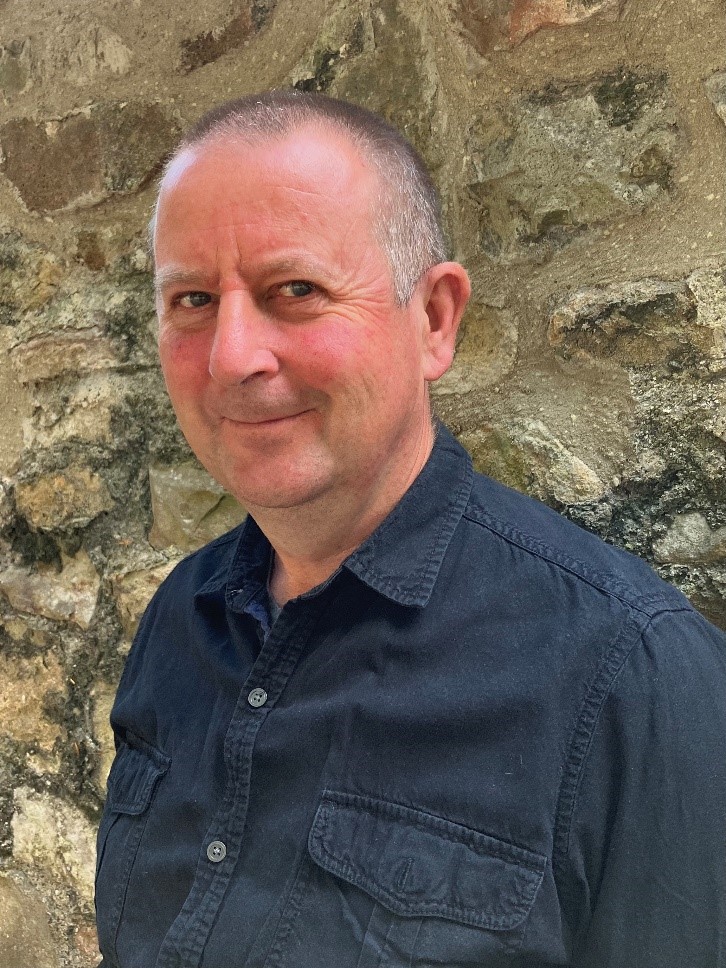
Dr Julian Baggini is the author, co-author or editor of over 20 books including How The World Thinks, The Ego Trick, How to Think Like a Philosopher and, most recently, How the World Eats: A Global Food Philosophy (all Granta). He was the founding editor of The Philosophers’ Magazine and has written for numerous newspapers and magazines, as well as for the think tanks The Institute of Public Policy Research, Demos and Counterpoint. He has served as Academic Director of the Royal Institute of Philosophy, is a Visiting Research Fellow at the University of Leeds and has been a member of the Food Ethics Council since 2016.
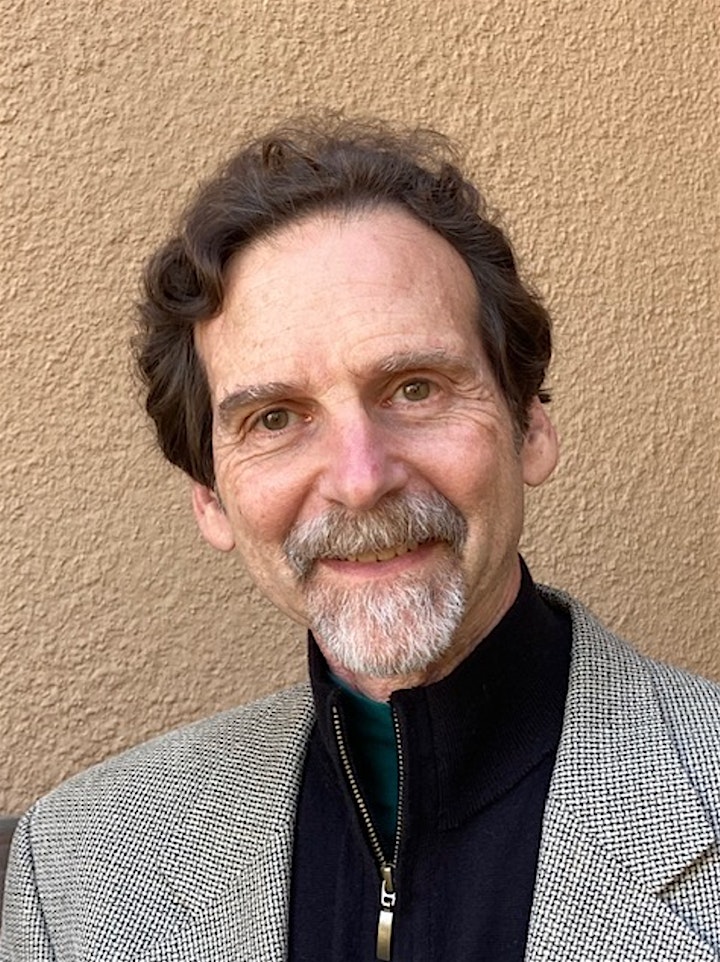
Kirk Schneider, Ph.D. is a leading spokesperson for existential-humanistic and existential-integrative psychology, an adjunct faculty member at Saybrook University and formerly Teachers College, Columbia University, and a cofounder and current president of the award-winning Existential-Humanistic Institute. He was also a 2022 candidate for president-elect of the American Psychological Association (APA). Dr. Schneider has authored/coauthored 15 books including The Polarized Mind, The Depolarizing of America, and his latest book: Life-Enhancing Anxiety: Key to a Sane World.
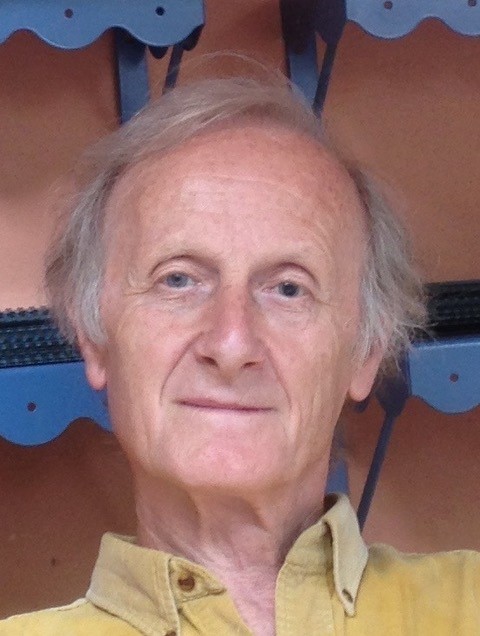
Dr Martin Adams (UK) is a psychotherapist, writer and sculptor. He is co-editor of the journal Existential Analysis. As well having written on a wide variety of subjects he is the author of A Concise Introduction to Existential Counselling (2013), An Existential Approach to Human Development (2019), and with E. van Deurzen, Skills in Existential Counselling & Psychotherapy (2016).
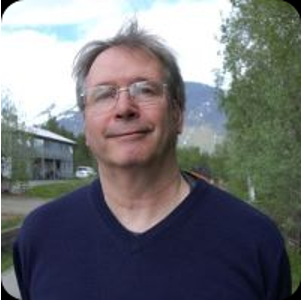
Dr. Peter Donders (Norway and Netherlands) earned his PhD-degree with a study on the way cancer patients deal with arising existential questions. Since 2006, he has worked as therapist in the team for Existential Therapy at the Viken senter in Norway. He is the current Chair of the Federation for Existential Therapy in Europe.
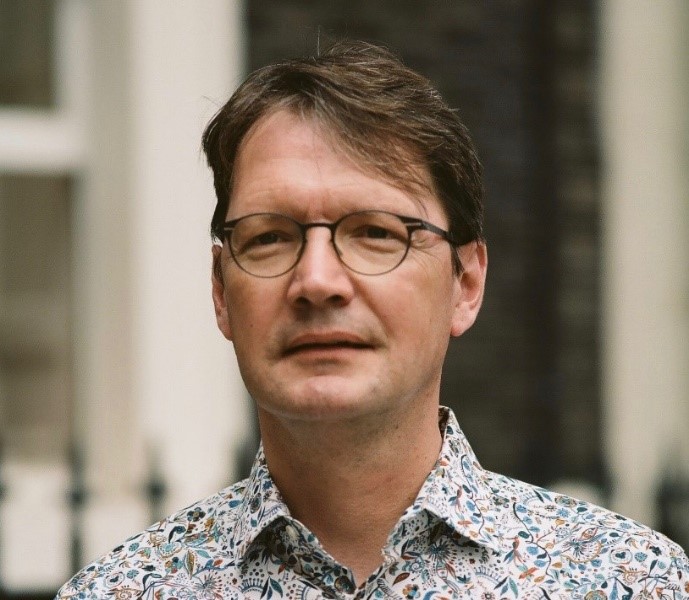
Dr. Rupert King is a UKCP registered existential psychotherapist and supervisor in private practice. He studied at Regents University and is a graduate of the ADEP program. He was first recipient of the Hans Cohn prize. Over the years he has taught phenomenology and existential philosophy on several postgraduate diploma courses. He completed his doctoral studies in 2017, and his research interests include hermeneutic phenomenology, the later works of Martin Heidegger, active imagination and Jungian psychology. He designed and gardens a tropical water garden in Chiswick, West London. His garden was inspired by early Persian Paradise Gardens and has a lush, exotic, sculptural planting scheme. The garden is open once a year as part of the National Garden Scheme. It has been featured on BBC’s Gardeners’ World program and appeared in numerous gardening magazines.
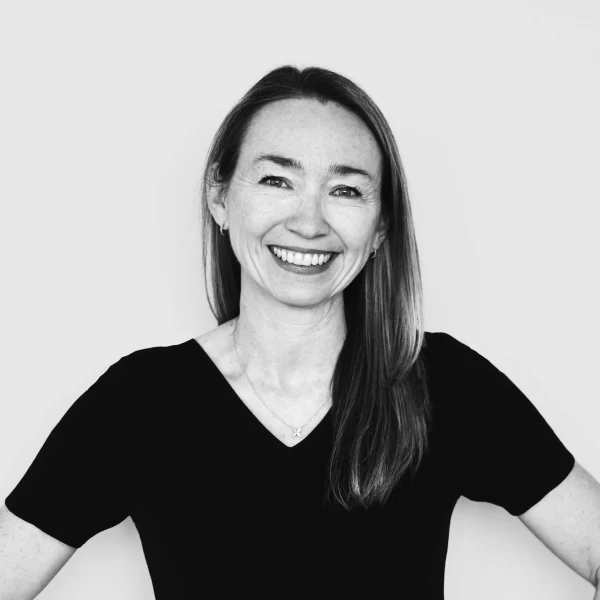
Skye C. Cleary PhD MBA is a philosopher and author of How to Be Authentic: Simone de Beauvoir and the Quest for Fulfillment, Existentialism and the Authentic Life, Existentialism and Romantic Love, and co-editor of How to Live a Good Life.Skye teaches at Columbia University. She is also a Thinking Partner with Philosophy at Work and a DJ. Her work has been published with The Wall Street Journal, The Paris Review, Aeon, Psyche, The Times Literary Supplement, TED-Ed, Los Angeles Review of Books, and others.
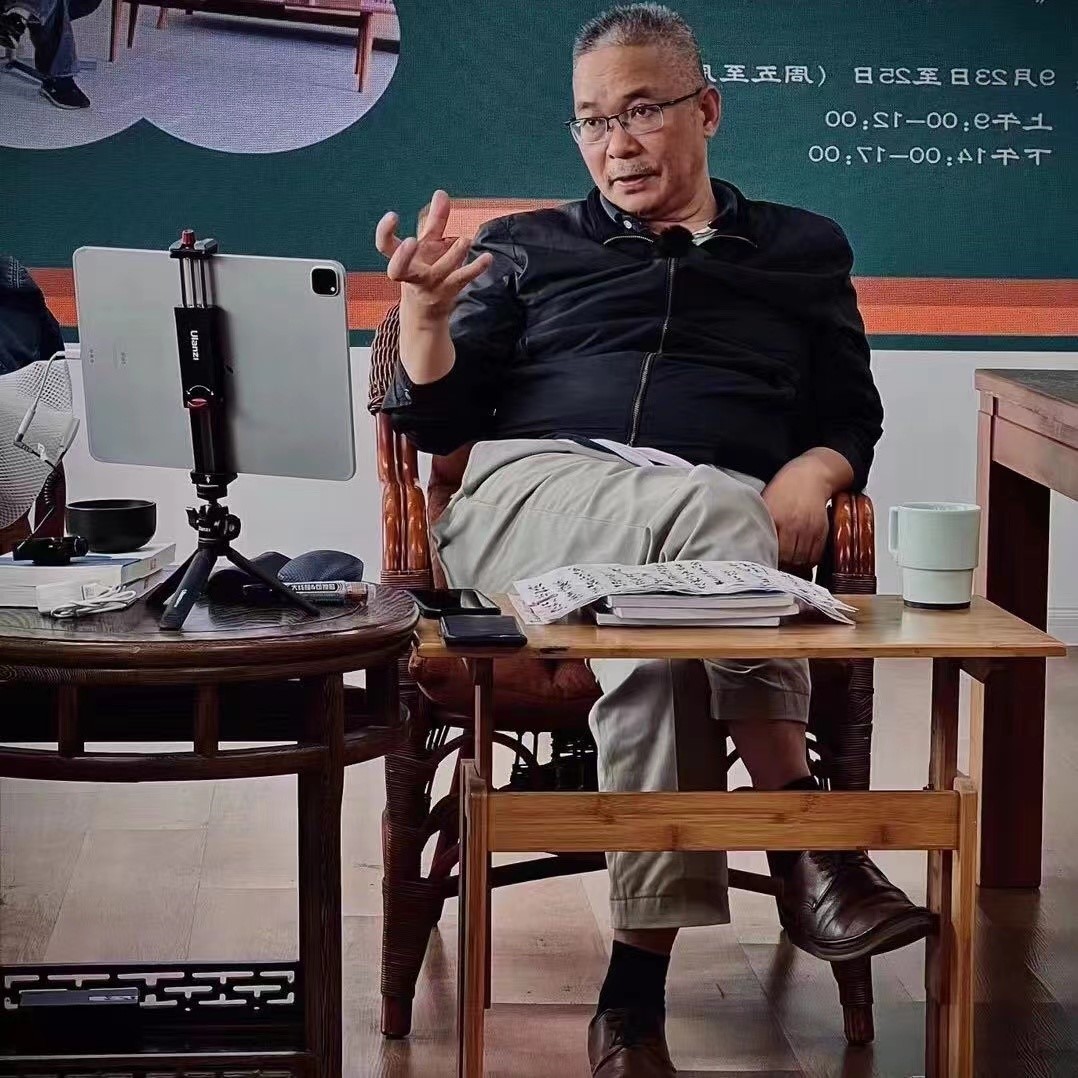
Dr. Xuefu Wang is the founder and psychotherapist at Zhi Mian Institute for Psychotherapy, Nanjing. He has authored 13 books and numerous articles. In his extensive collaboration with existential psychologists across the world, especially in the US and UK, he has become a leading practitioner and promoter of existential psychology in China. He is an APA’s Charlotte and Karl Buhler Award recipient (2013)
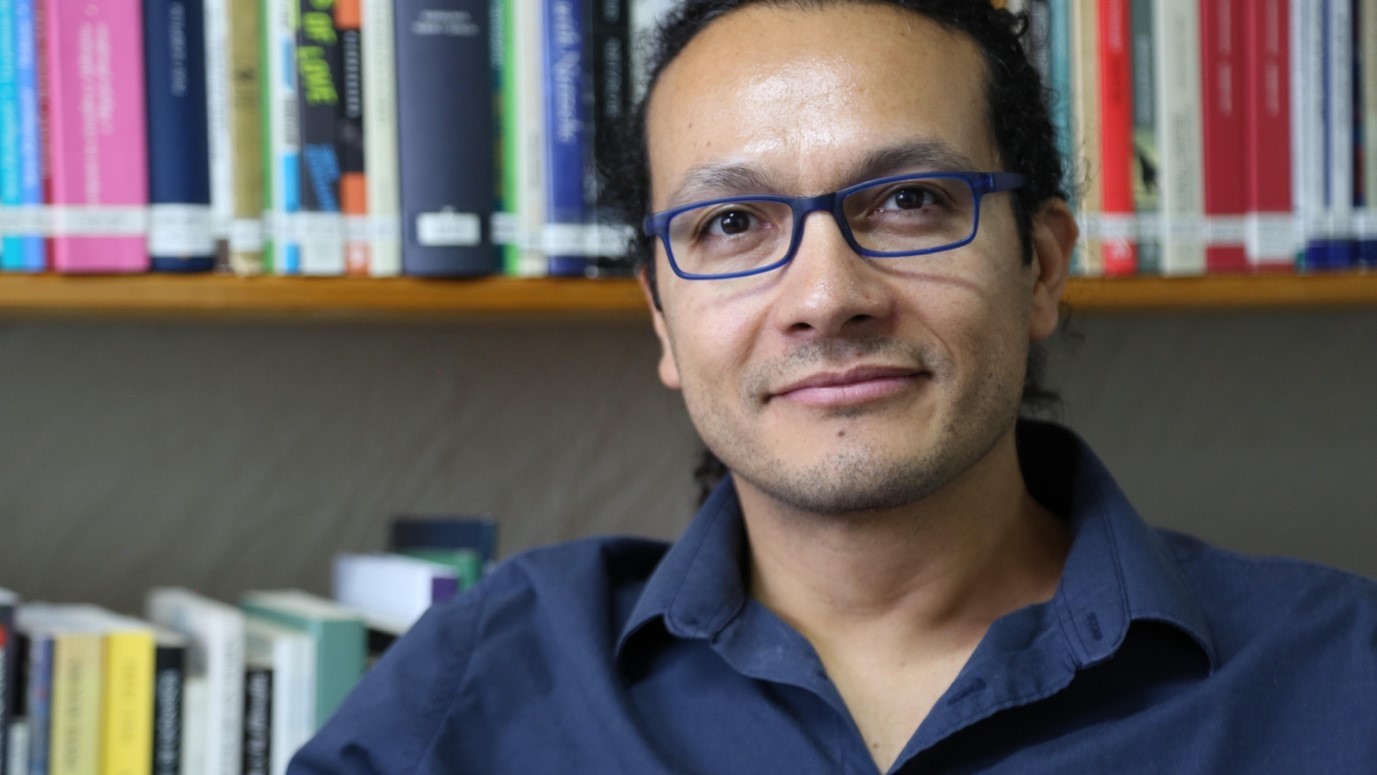
Yaqui Martinez-Robles. PhD., (Mexico) Existential-phenomenological therapist. Trainings in Gestalt, Group, Narrative, and Music therapy. Certifications in Holotropic breathwork, and Psychedelic-Assisted Therapy. Founder of the Circle of Studies in Existential Therapy, in Mexico and Colombia, where he trains existential therapists since 2002. Honorary president of the Latin American Association for Existential Psychotherapy.
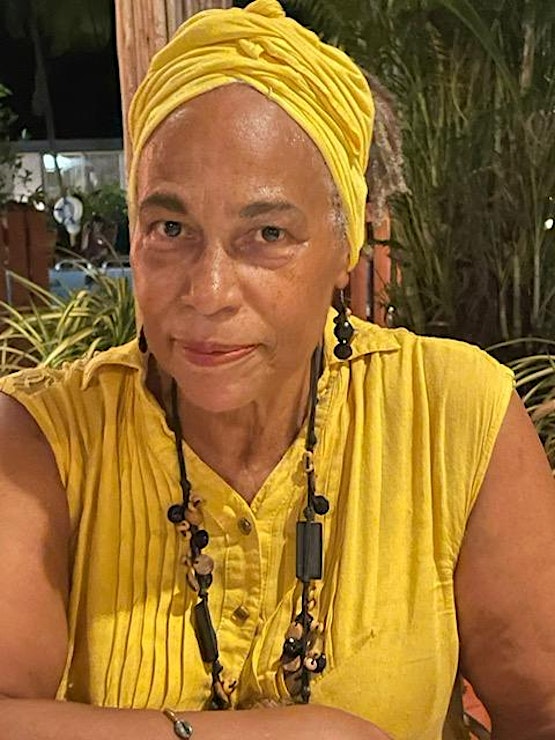
Dr Isha Mckenzie-Mavinga, has thirty-three years’ experience as a Transcultural Psychotherapist, Supervisor, Lecturer, Writer and Reiki Master. As a published writer & poet, she is the author of ‘Black Issues in the Therapeutic Process’ (2009) and ‘The Challenge of Racism in Therapeutic Practice’ (2016). She also co-authored an autobiography’ ‘In Search of Mr Mckenzie’ (1991) She contributed papers and poetry to several anthologies, including ‘The Handbook of Transcultural Counselling and Psychotherapy’ (2011: Ed Colin Lago), ‘Making Research Matter’ (2015: Ed Stephen Goss & Christine Stevens), ‘Intercultural Therapy’ ( 2019: Ed Baffour Ababio & Roland Littlewood), ‘What is Normal’ (2020: Ed Roz Carroll & Jane Ryan).’The International Handbook of Black Community Mental Health’ (2020:Ed Majors, Carberry & Ransaw). ‘Therapy in Colour’ co-editor & contributing author. Mckenzie-Mavinga, Eugene Ellis, Kris Black, Karen Carberry 2023.
Isha has a presentation on the Confer online Module ‘Women on the Couch’ 2020 and has shared her work on various podcasts and at conferences including BME Voices Trauma conference 2020.Recent: Keynote speaker at Hult Ashridge 7thRelational Coaching Conference 2022: Young MINDS round Table discussion 2023.
Isha initiated therapeutic services at the African Caribbean Mental Health Association in Brixton, and at Women’s Trust, working with women impacted by violence in relationships. She was a student counsellor and senior lecturer at London Metropolitan University and taught at Goldsmiths University of London. She has presented Black Issues workshops, based on concepts created during her doctoral research and published in her books. She has presented talks in statutory and voluntary organisations, Universities, prisons and community support projects. As her legacy work, Isha has trained a group of master facilitators to present her concept of a Black Empathic Approach to expand thinking and practice that embraces an emergence from the impact of racism and furthers intersectional, anti-oppressive therapeutic practice in Counselling & Psychotherapy, psychology, and the caring professions.
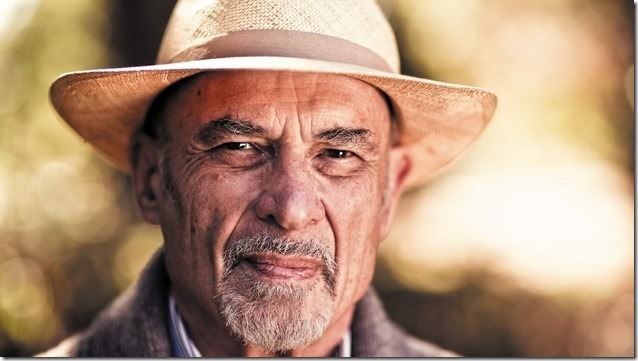
I was born in Washington, D.C., June 13, 1931, of parents who immigrated from Russia (from a small village named Celtz near the Polish border) shortly after the first world war. Home was the inner city of Washington—a small apartment atop my parents’ grocery store on First and Seaton Street. During my childhood, Washington was a segregated city, and I lived in the midst of a poor, black neighborhood. Life on the streets was often perilous. Indoor reading was my refuge and, twice a week, I made the hazardous bicycle trek to the central library at seventh and K streets to stock up on supplies.
No counseling or direction was available: my parents had virtually no secular education, never read books and were entirely consumed in the struggle for economic survival. My book choices were capricious, directed in part by the library architecture; the large, centrally placed bookcase on biography caught my attention early, and I spent an entire year going through that bookcase from A (John Adams) to Z (Zoroaster). But it was mainly in fiction where I found a refuge, an alternate, more satisfying world, a source of inspiration and wisdom. Sometime early in life I developed the notion—one which I have never relinquished—that writing a novel is the very finest thing a person can do.
To the ghetto mentality of my day, career choices for young men were limited or perceived as limited. All of my peers either went into medical school or into business with their fathers. Medical school seemed closer to Tolstoy and Dostoevsky, and I entered upon my medical training already having decided to go into psychiatry. Psychiatry proved (and proves to this day) endlessly intriguing, and I have approached all of my patients with a sense of wonderment at the story that will unfold. I believe that a different therapy must be constructed for each patient because each has a unique story. As the years pass, this attitude moves me farther and farther from the center of professional psychiatry, which is now so fiercely driven by economic forces in precisely opposite directions—namely accurate de-individualizing (symptom-based) diagnosis and uniform, protocol-driven, brief therapy for all.
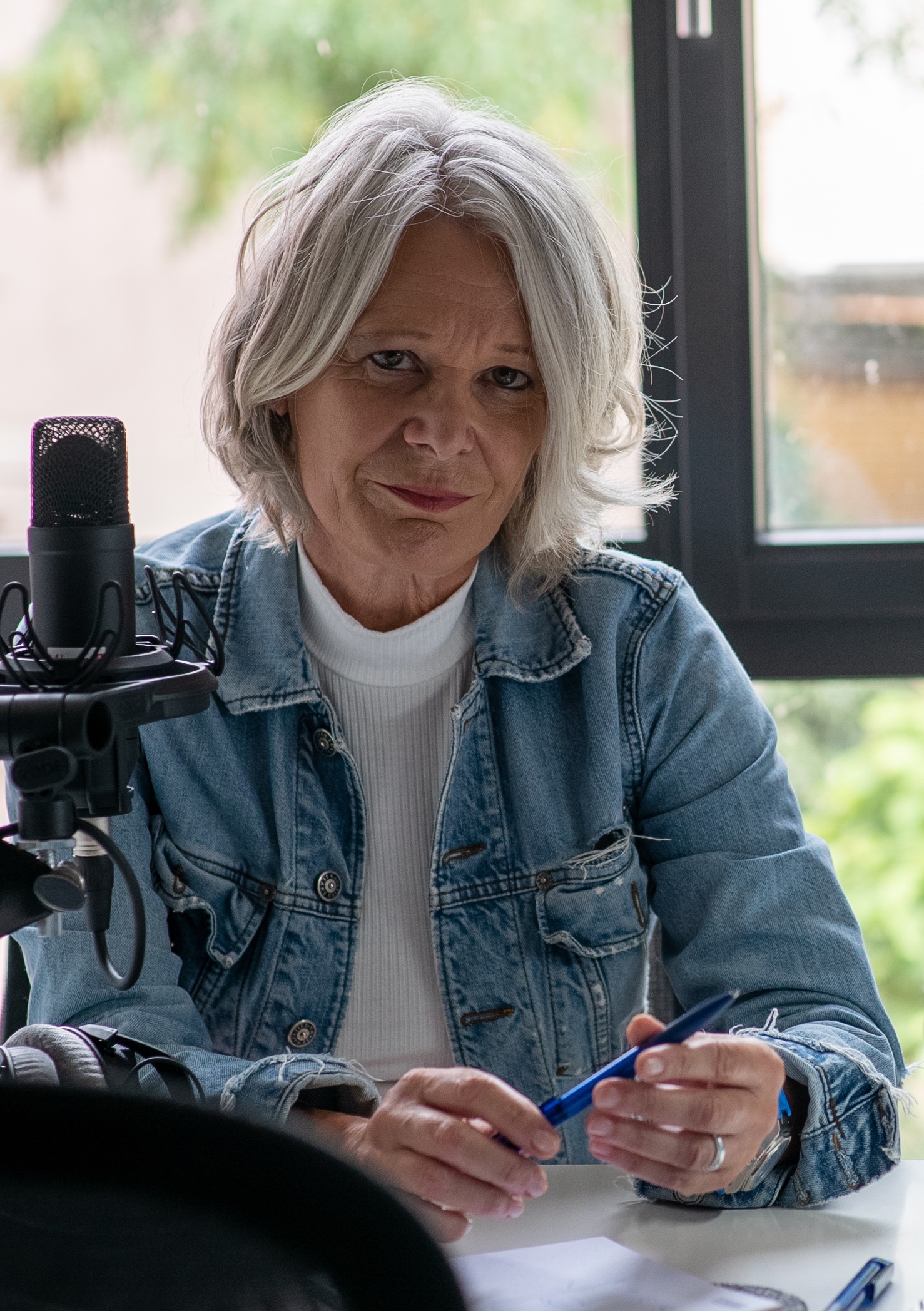
After studying art and design in Holland, my career began in the 80ies as a trend forecaster in Paris. I expanded my activities at the cutting edge of society, media and markets in the following decades, especially in Hamburg / Germany and later in Zurich / Switzerland. I came to kansei engineering in Japan in the 90s and wrote my PhD on lifestyles and social behavior. The Kansei philosophy turned back to the roots of Japanese philosophical and cultural work, to rediscover the essence of the human spirit, and to use it as inspirational means for the interaction between the real and digital world. With another focus on creative processes, I wrote the Resign Thinking workbook in 2019. www.resign-thinking.com, the English translation with the title “break out” was published in 2022.
Coming from the questions what directions our being in the world will take tomorrow and which paths people will choose in the pandemic, I looked for a human centered approach in my teaching and I wanted to develop further my expertise in psychology. The first step was to gather basic knowledge in my 2 years studies from 2020 becoming a Registered German naturopath for Psychotherapy in Hamburg 2023. I connected Resign Thinking and counselling, and I started working with the existential analysis from 2020 and I started my studies at the Hamburg Academy in 2021. Parallel to this, I started a Master of Advanced studies in existential counselling at the University of Leuven, Belgium in 2024.
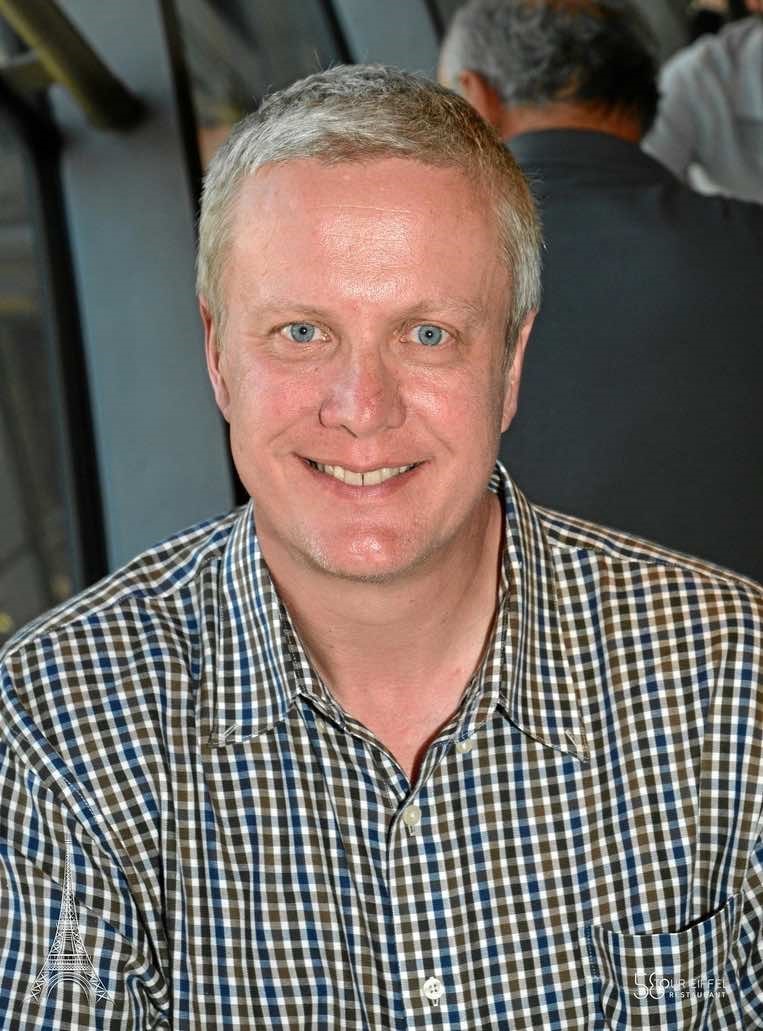
Louis Hoffman, PhD, (USA) is the executive director of the Rocky Mountain Humanistic Counselling and Psychological Association and a psychologist in private practice. He has been recognized as a fellow of the American Psychological Association and 6 of its divisions and is a recipient of the Rollo May Award of the Society for Humanistic Psychology.
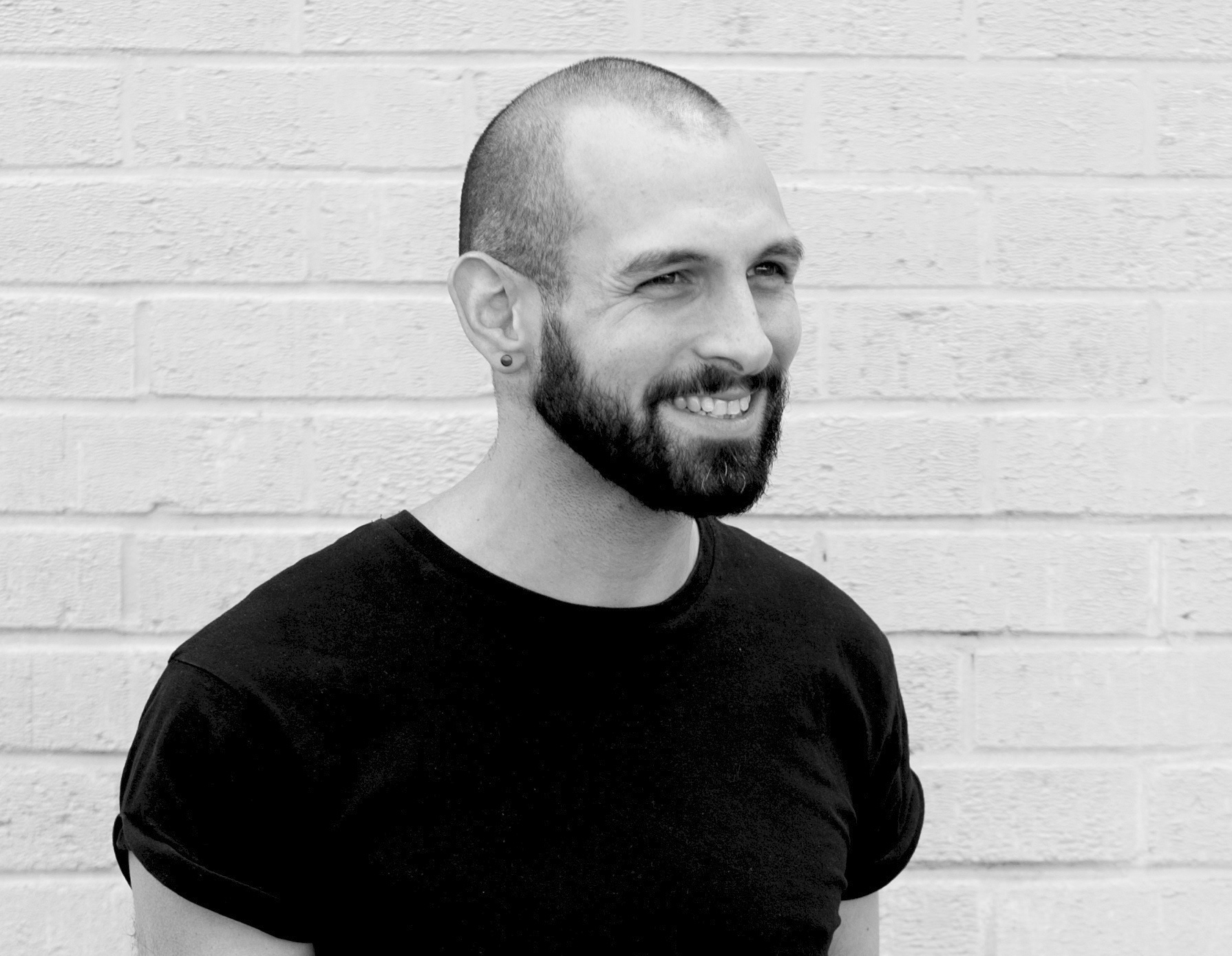
Marc Boaz is an existential psychotherapist, a visiting Professor of Mental Health and Psychotherapy at the University of Northampton, UK, a former member of the UK Trauma Council how’s by Anna Freud, and teaches Critical Psychopathology at the New School of Psychotherapy and Counselling (NSPC), UK. He is an author of works on interpersonal trauma, childhood adversity and neurodivergence.
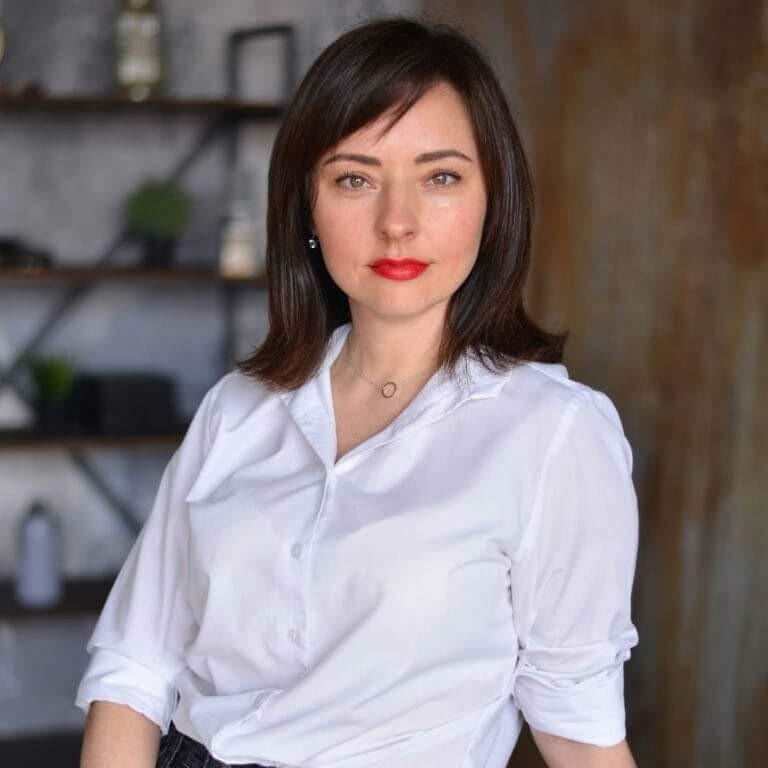
Education background: 1.Master’s Diploma in “South Ukrainian National Pedagogical University named after K.D.Ushynsky. 2. International Institute of Existential Consultancy (MIEK), trained existential therapist 3. I am a voting member of Fete Existential therapist. Before the war in Ukraine, I had a private practice in Odesa, Ukraine. Since September 2022 I have been living in England and working in Rock Clinic (Brighton) with Ukrainian refugees. I am also a volunteer at a Bramber Bakehouse charity organisation (England), working with victims of domestic abuse, survivors of human trafficking, asylum seekers and refugees.
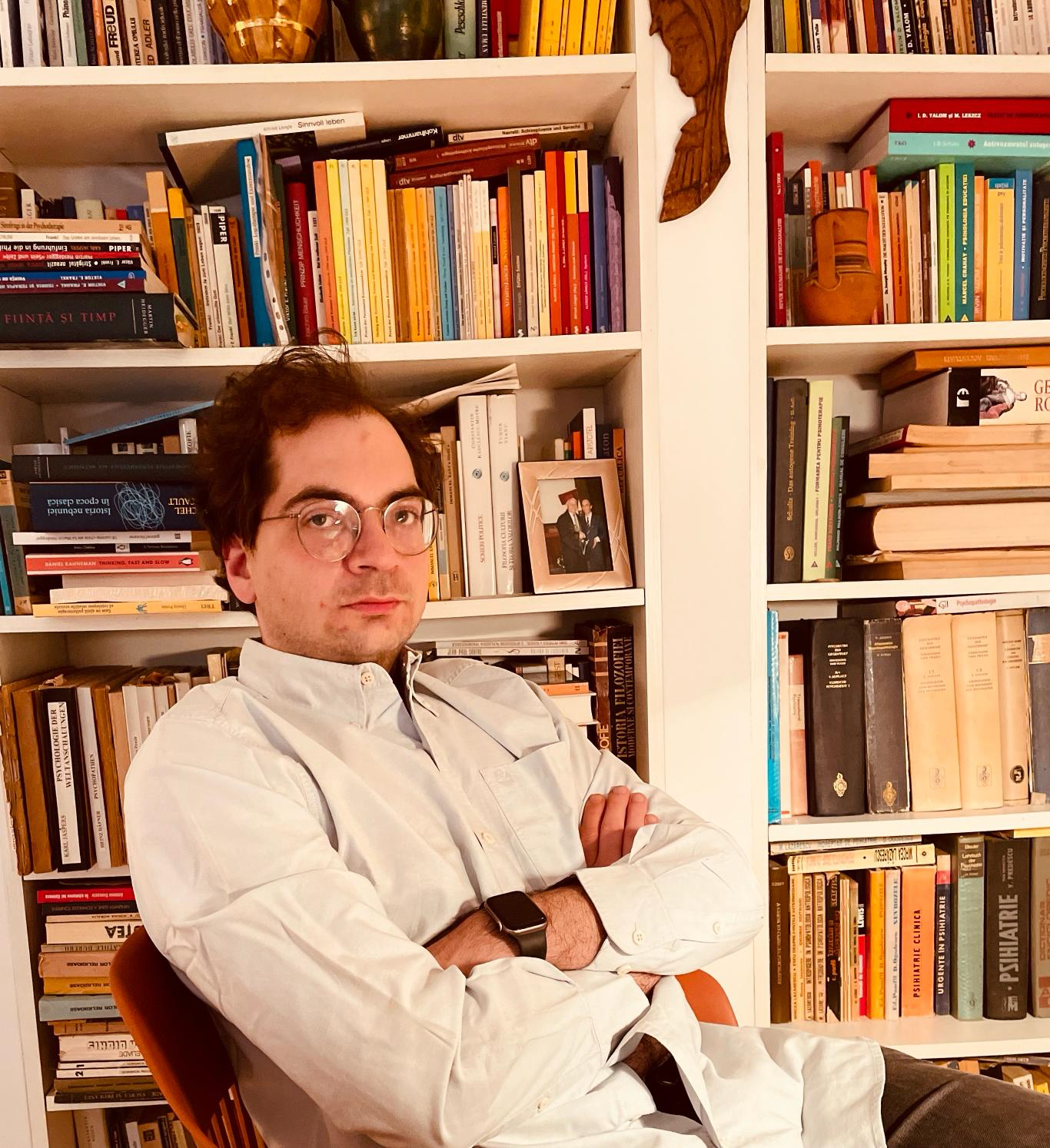
My name is Nick Ant, and I am a psychiatric resident in my 4th year of training. I started my training in psychiatry in Romania at the university psychiatry clinic in Timisoara, and I am currently continuing my psychiatry training in Austria at the departmental hospital in Hollabrunn.
I started my training in existential analytic psychotherapy in Vienna at GLE Austria, where I am currently in the clinical part of the training. Simultaneously, with this training, I started the same training for the second time at the Romanian Society of Existential Analysis and Logotherapy in Romania.
From the point of view of clinical interests is anxiety the theme that I have also presented at the national congress of psychiatry in Romania. Another topic of interest for me is psychosis and its phenomenological analysis.
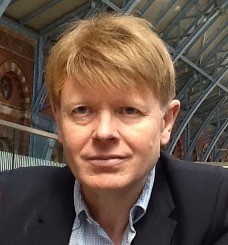
Professor Simon du Plock (UK) is Senior Research Fellow at the Metanoia Institute, London. He has authored nearly one hundred journal papers and book chapters on existential therapy, and he has co-edited Existential Analysis, the Journal of the British Society for Existential Analysis, since 1993. He was an editor of the 2019 Wiley World Handbook of Existential Therapy. He has lectured and trained internationally, and in 2006 he was made an Honorary Member of the East European Association for Existential Therapy in recognition of his contribution to cooperation between West and East Europe in the development of existential psychotherapy.
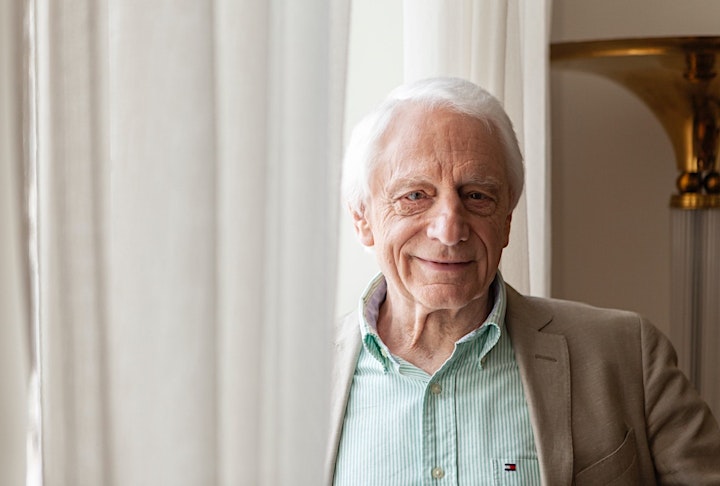
Alfried LÄNGLE, M.D., Ph.D. (Psychology), born 1951 in Austria, founder (1983) and long-term president of the International Society for Logotherapy and Existential Analysis (Vienna), scholar and collaborator of Viktor Frankl. Has developed the modern approach of Existential Analysis which is not only focussed on meaning as Frankl’s Logotherapy is, but has a broader phenomenological access. Professor at Vienna’s Sigmund Freud University and Univ. of Klagenfurt. Over 400 publications, two honorary doctorates, six honorary professor degrees.
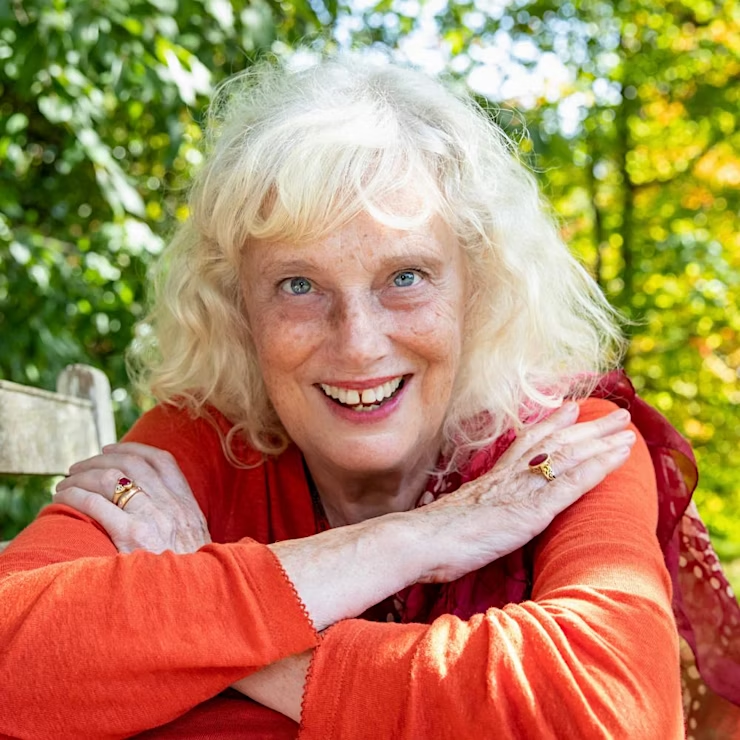
Emmy van Deurzen is a professor of Psychology and Psychotherapy with 18 books to her name, several of which have been translated into a dozen languages. She is the Co-Founder and Principal of the Existential Academy, where she also runs post graduate courses through the New School of Psychotherapy and Counselling in partnership with Middlesex University and her private practice.
Born and raised in the Netherlands, she lived, studied, and worked in France before settling in the UK in 1977. Emmy has been instrumental in founding or cofounding numerous organizations, including the Society for Existential Analysis, the Federation for Existential Therapy in Europe and the World Confederation of Existential Therapy. She has helped people in facing their life problems and suffering for nearly half a century.
Amongst her books are the bestsellers Existential Psychotherapy and Counselling in Practice (3d edition 2012), Psychotherapy and the Quest for Happiness (Sage, 2009), Everyday Mysteries (2nd edition Routledge, 2010) and Paradox and Passion (2nd edition, Wiley, 2015). Her book Rising from Existential Crisis was published with PCCS books in 2021. She is currently writing a book on Existential Freedom for Penguin.
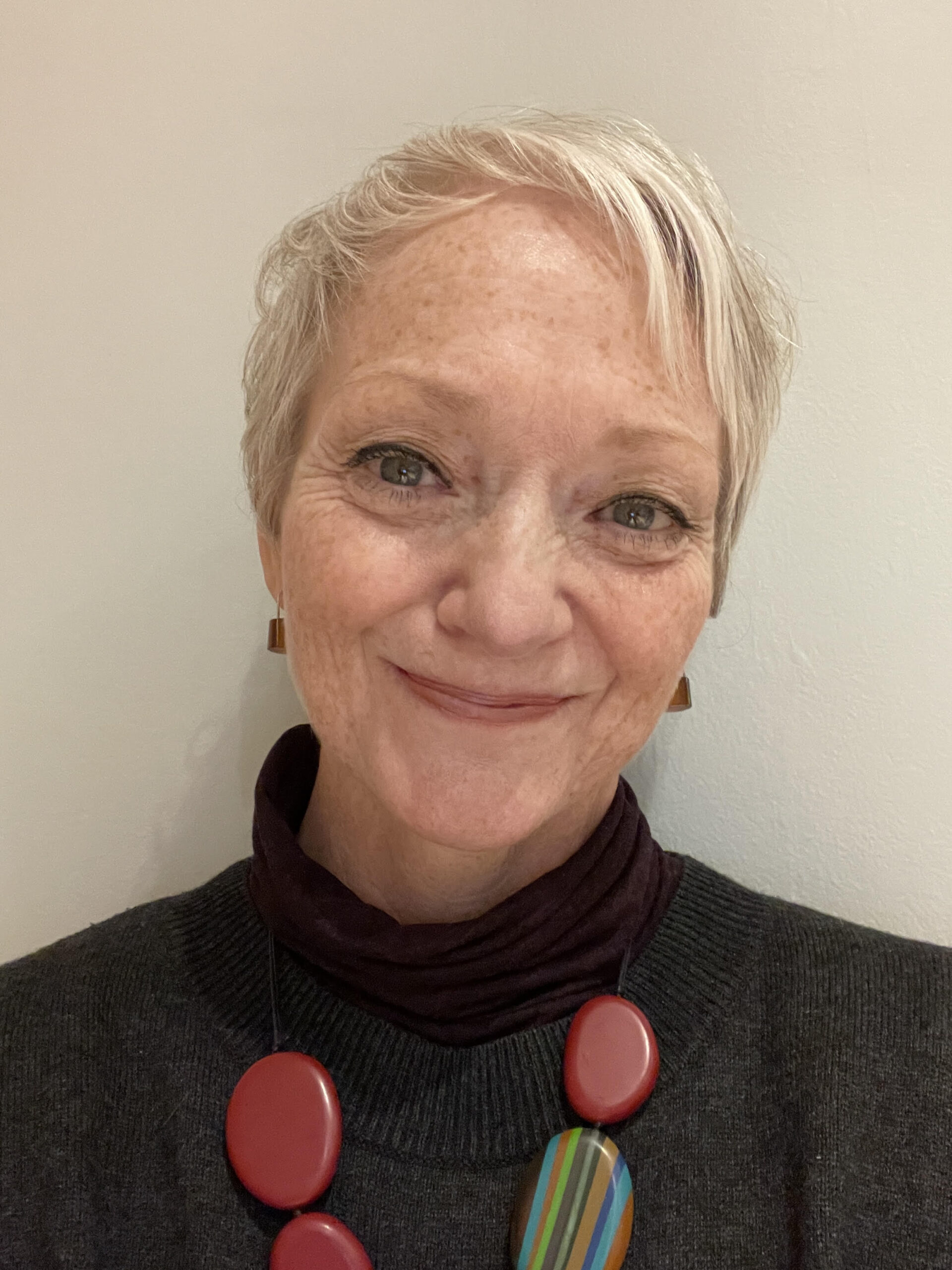
Stella Duffy is completing her third year of a doctorate training in Existential Psychotherapy at NSPC, her research is in the embodied experience of postmenopause. Alongside her private psychotherapy practice, Stella has worked in NHS cancer psychological support, and hospice bereavement support, currently working with a low-cost community mental health service. With fellow NSPC doctorate student Chris Cleave she runs workshops in existential writing for therapists. Alongside her therapy work, Stella is an award-winning writer of seventeen novels, over seventy short stories and fourteen plays and worked in theatre for over thirty-five years as an actor, director, facilitator and improvisor. She has been active in equalities and inclusion work in the arts, women’s and LGBTQ+ communities for many decades.

